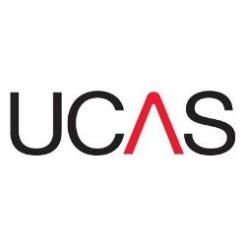The Universities and Colleges Admissions Service broke electronic marketing rules because its admission form made applicants feel they had to permit their information to be used for commercial purposes, an investigation has found.
The investigation by the Information Commissioner's Office also found that the wording on the UCAS application form meant that by opting out of commercial marketing university applicants also opted out of career opportunities and health information.
UCAS has now signed an undertaking promising to change the wording before the 2016 admissions cycle. Current users of the service can also update their preferences.
The ICO started its investigation after a Guardian article in March 2014 raised concerns about the application form.
Stephen Eckersley, head of enforcement at the ICO, said: “By failing to give these applicants a clear option to avoid marketing, they were being unfairly faced with the default option of having their details used for commercial purposes. Our guidance is clear that consent must be freely given and specific.”
In a statement UCAS said: “We manage a vital national service without any recourse to the taxpayer and do this by running an efficient operation and by treading a scrupulously careful line in generating additional revenue via our commercial subsidiary, UCAS Media.
“UCAS Media offers an in-house marketing service which enables education providers and some commercial partners to reach applicants - but we do not share their personal details externally. The revenue generated is given back to the charity and helps keep down the cost of the application fee – currently £23 for five university choices.
“UCAS made it clear last year that it does not sell, disclose or give access to applicants’ personal data for advertising or marketing purposes.”









